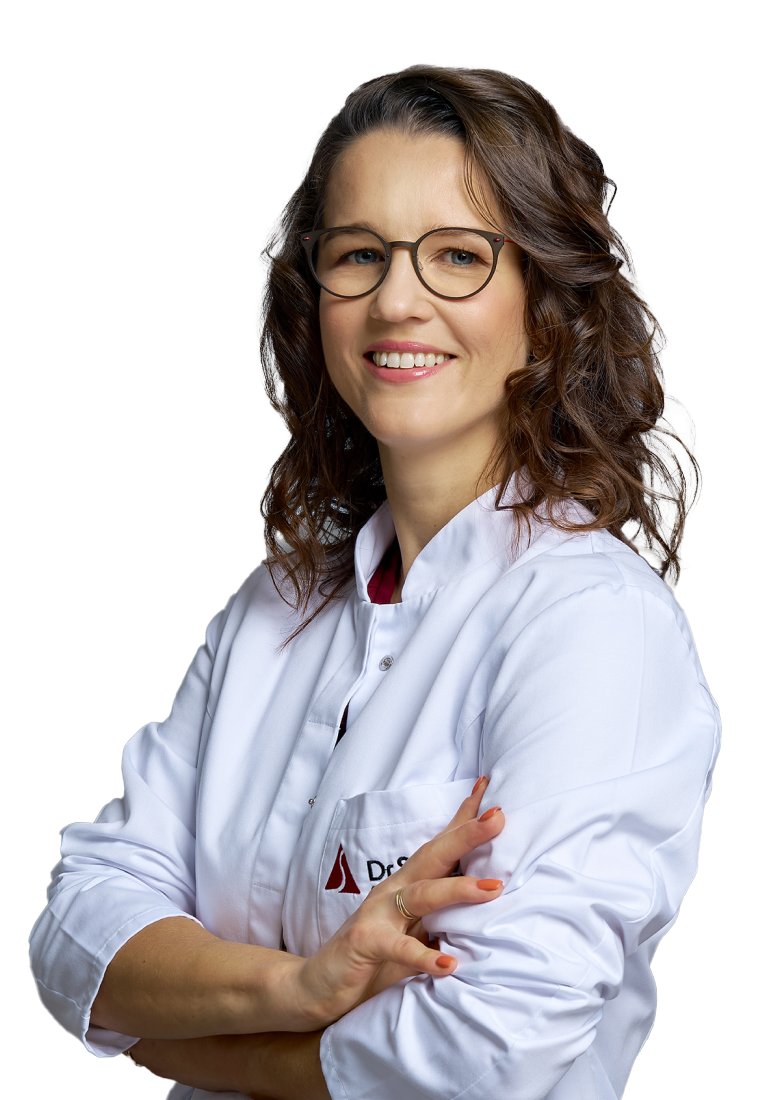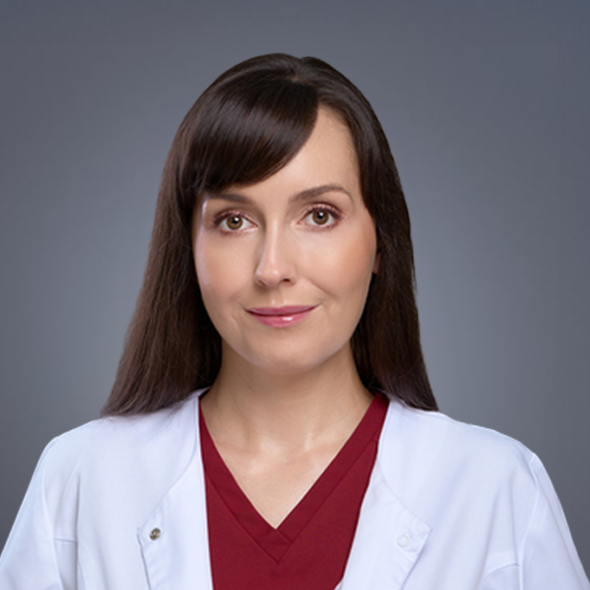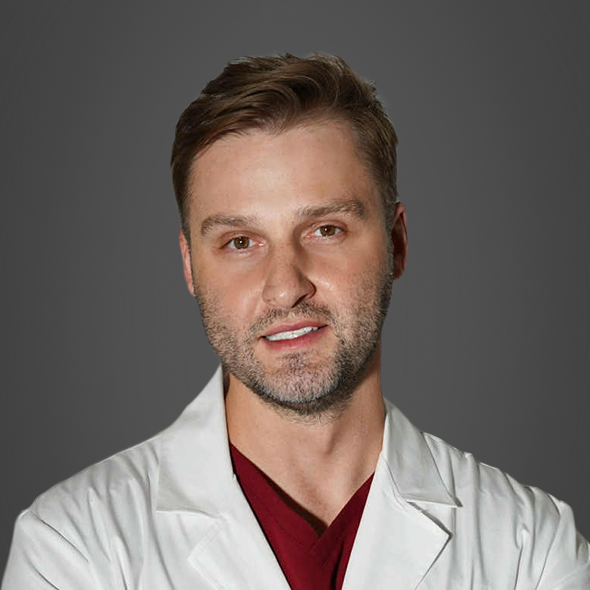
Dietetics
Dietary care at our clinics complements the comprehensive perioperative care we offer. Our specialists guide patients through the process of reducing weight, improving appearance, mood and health, and work to implement healthy changes in daily nutrition.
A lasting result can only be achieved if the patient follows the dietitian's advice both before the planned surgery and in the early and late postoperative period. Changing dietary habits can be difficult, but without it, it is not easy to have good and long-lasting results from plastic surgery or aesthetic procedures. In addition, proper nutrition often speeds up the healing process of surgical wounds. For this reason, it is worth considering a visit to a nutritionist, even before the planned surgery.
The most important things for us are: knowledge, experience and individual approach to the patient. We will conduct a nutritional interview with you - the patient, analyze test results and help you plan a diet tailored to your lifestyle, dietary preferences or any disease-related limitations.
What is the course of meetings with a nutritionist?
Dietary consultation
Through a dietary consultation, we will learn about your expectations and needs, lifestyle, food preferences, cooking skills, level of physical activity and possible health problems.
During the first visit, we will conduct a body composition analysis based on bioelectrical impedance using a professional medical analyzer. To get a more reliable measurement result, you should:
- Refrain from physical activity about 12 hours before the test,
- Avoid alcohol 24 hours before the test,
- Avoid coffee, tea, energy drinks and caffeinated foods 24 hours before the test,
- proceed to the analysis with an empty bladder (urinate about 30 minutes before the test),
- Avoid taking the test during menstruation.
By conducting a body composition analysis, you will learn:
- how much total body fat you have (in the whole body) and in the abdominal area,
- how much muscle mass there is,
- whether there is any swelling,
- What is your BMI and basal metabolism.
In addition, it is a good idea to bring with you to the first dietary consultation a diary with a written menu of 2-3 days, as well as the results of blood tests: fasting glucose and insulin, lipidogram, thyroid profile, liver enzymes. Importantly, these tests should not be done earlier than 3 months before visiting the nutritionist. It is also possible to determine with the dietitian which health parameters should be tested to get more information about the patient's health. Dietary consultation is also the establishment of a plan for "healthy" dietary management. Dietary guidelines are sent via email within a few days.
Individual diet plan - your diet of choice
If you decide to use the proposed model individual diet plan, you will receive it along with guidelines right after the consultation visit.
It will be tailored to your needs and expectations and constructed so that daily meals are tasty and easy to prepare. The dietitian will take into account your preferences and your existing lifestyle, so that the introduction of a new menu will not prove troublesome.
Control consultations
From time to time, follow-up consultations are scheduled to check the effectiveness of the implemented changes, modify and diversify the menu, and determine the course of further improvements. During each visit, a body composition analysis will be performed to observe progress and motivate you for further action. If necessary, the following may additionally be ordered: supplementation, in-depth diagnostics or food intolerance tests.
The following consultations are offered at our clinics:
Clinical Dietetics
The clinical dietitian's collaboration with the patient includes an assessment of nutritional status, nutrient requirements and the application of appropriate dietary support for the disease entity.
The clinical dietitian determines the appropriate supply of energy, macronutrients, vitamins, minerals, water and indicates specific nutritional management through personalized recommendations or menus. The goal of the collaboration is primarily to educate the patient by introducing specific dietary habits designed to improve the patient's physical comfort and health.
Psychodietetics
Psychodietetic therapy is based on a broad spectrum of cooperation with the patient related to making changes in diet and eating habits, taking into account both the psychological mechanisms of weight formation and the impact of nutrition on the patient's psyche.
Psychodietetic services are aimed, among other things, at people interested in reducing or increasing their body weight, people with body image issues, those suffering from anorexia, bulimia, compulsive overeating, and depression. Psychodietetic therapy is based on close cooperation with the patient to tailor an individual menu, taking into account blood test results, dietary preferences, and lifestyle.
At Dr Szczyt Clinic, dietetics consultations are conducted by Katarzyna Pryzmont, M.D., M.Sc.
Price list
Type of treatment
Price from
Price to
Consultation
-
300 PLN

Dr. Zofia Bochen
Plastic surgeon

























